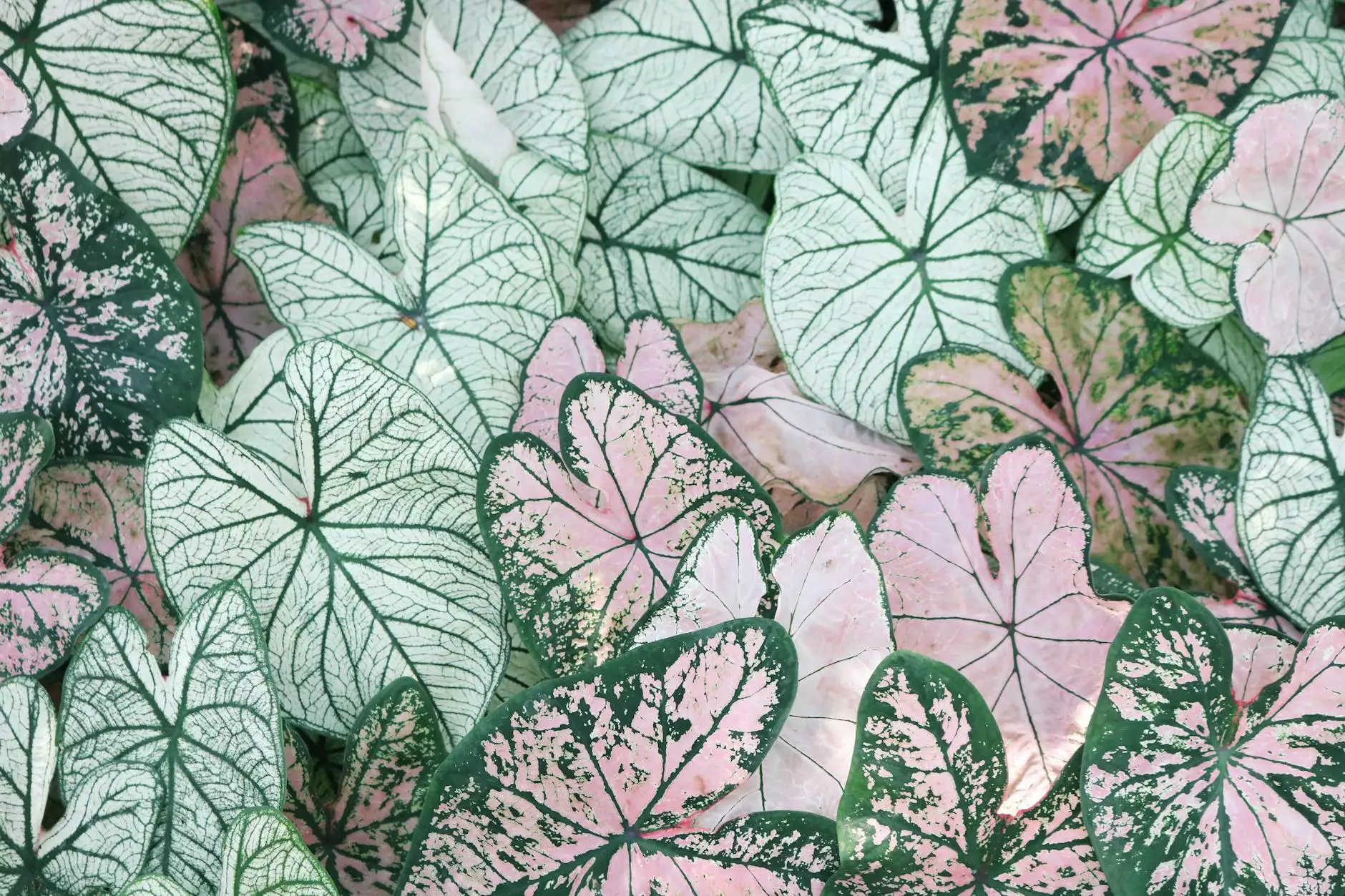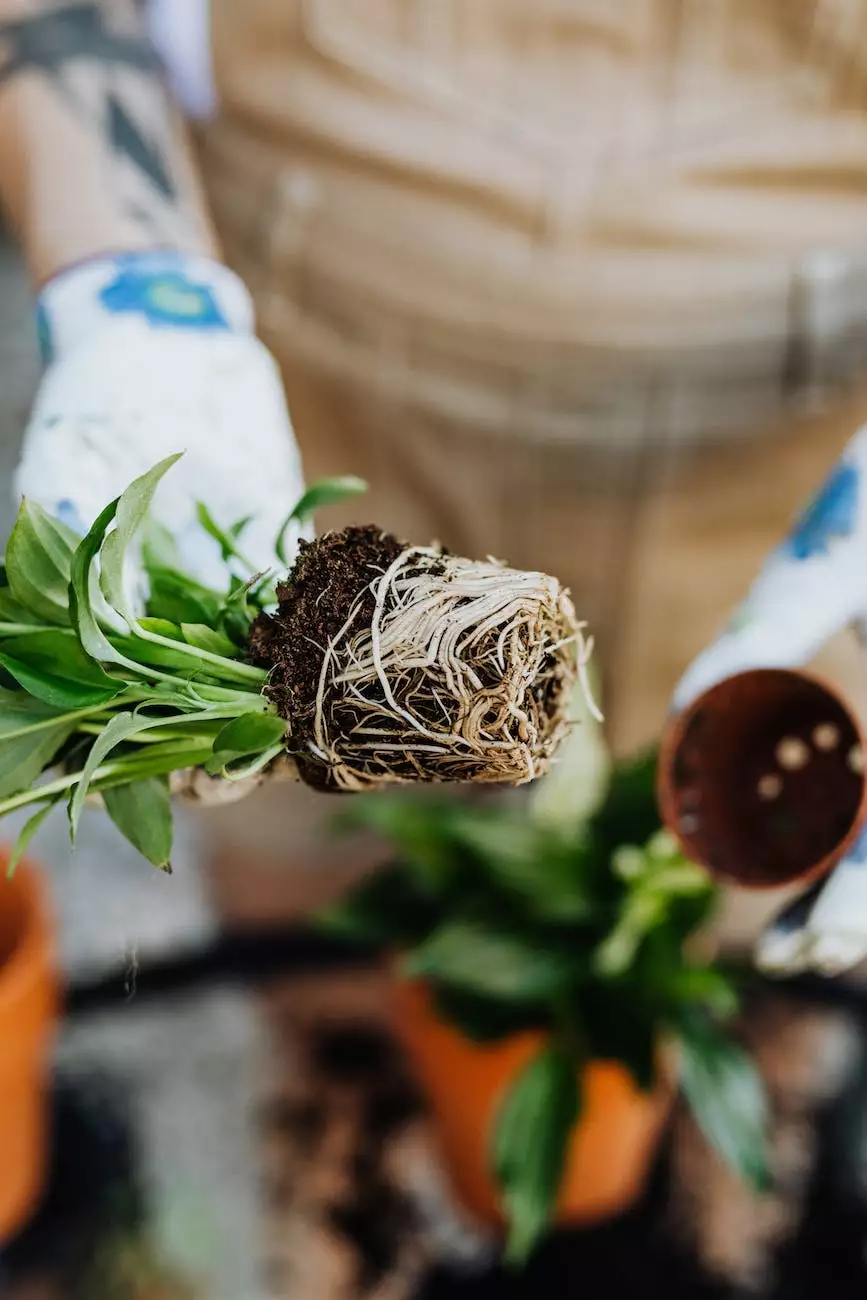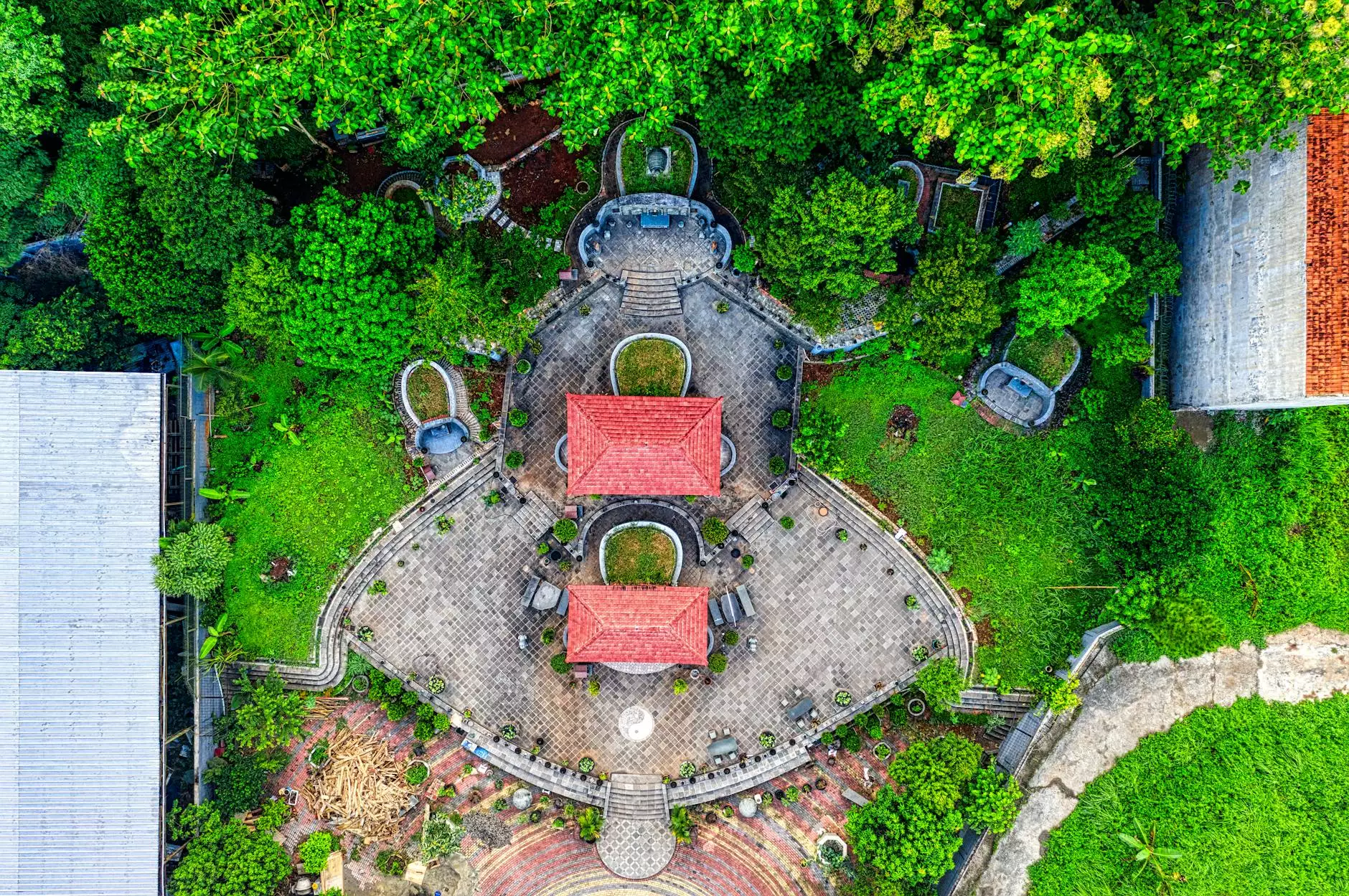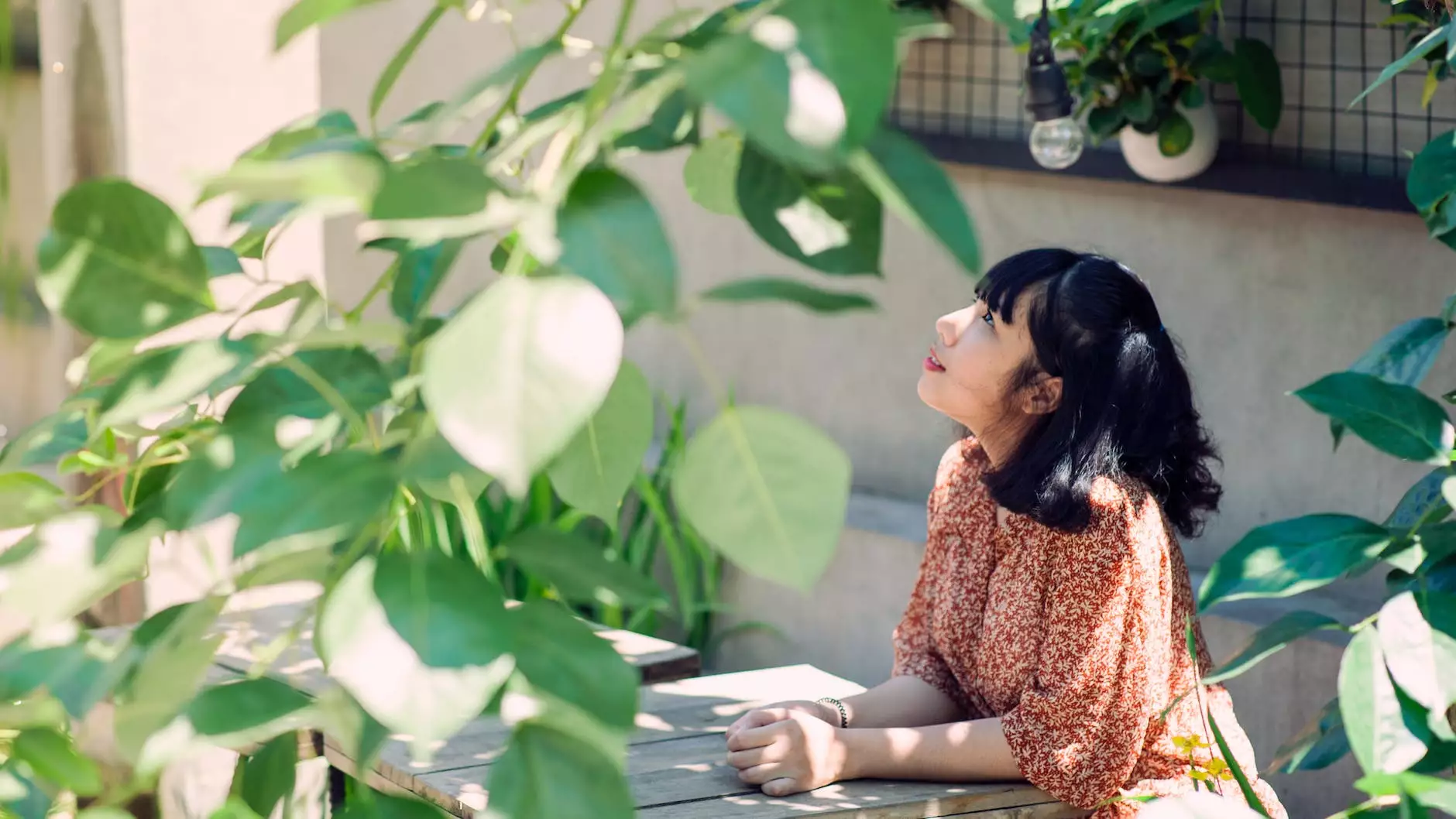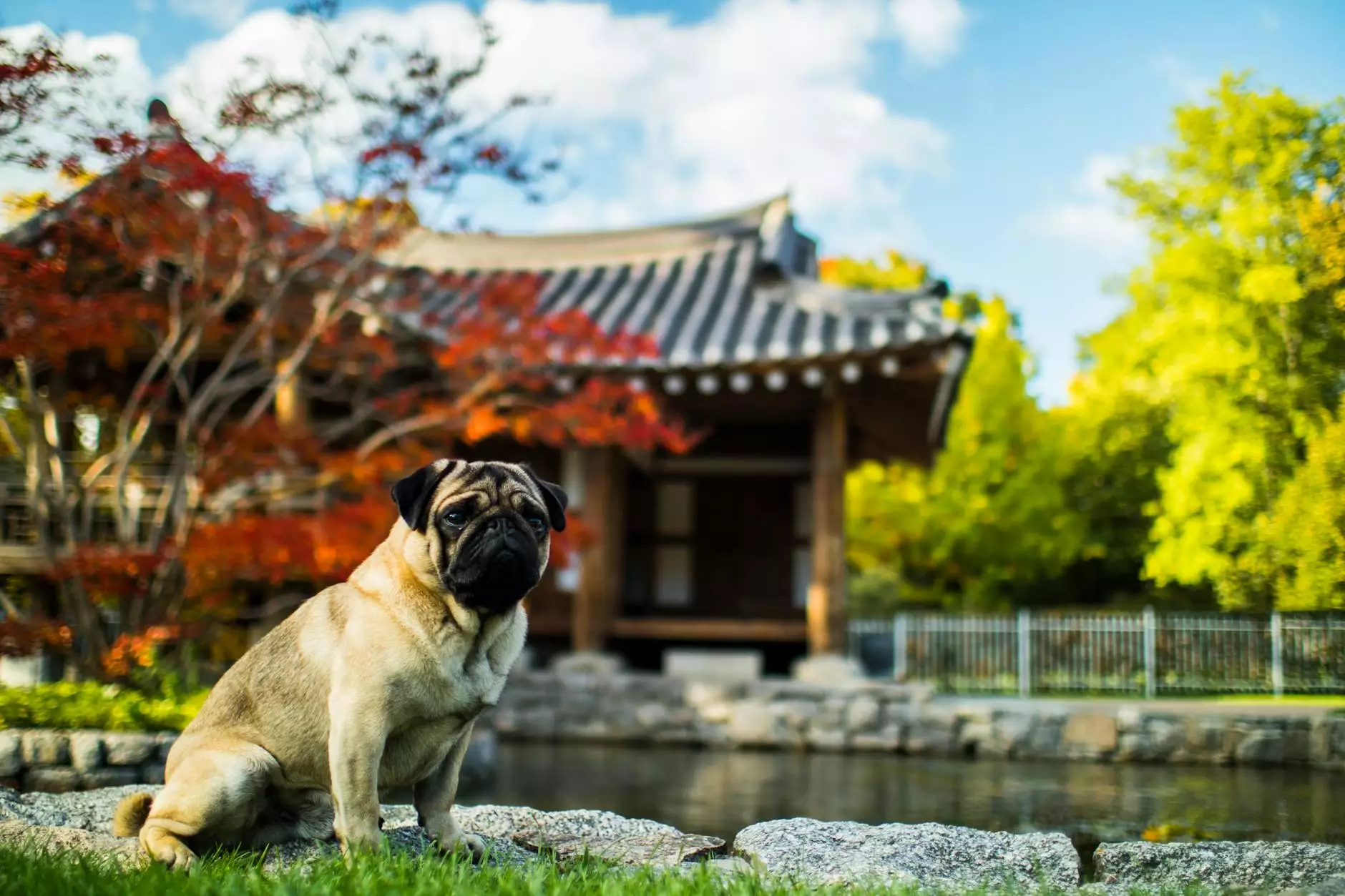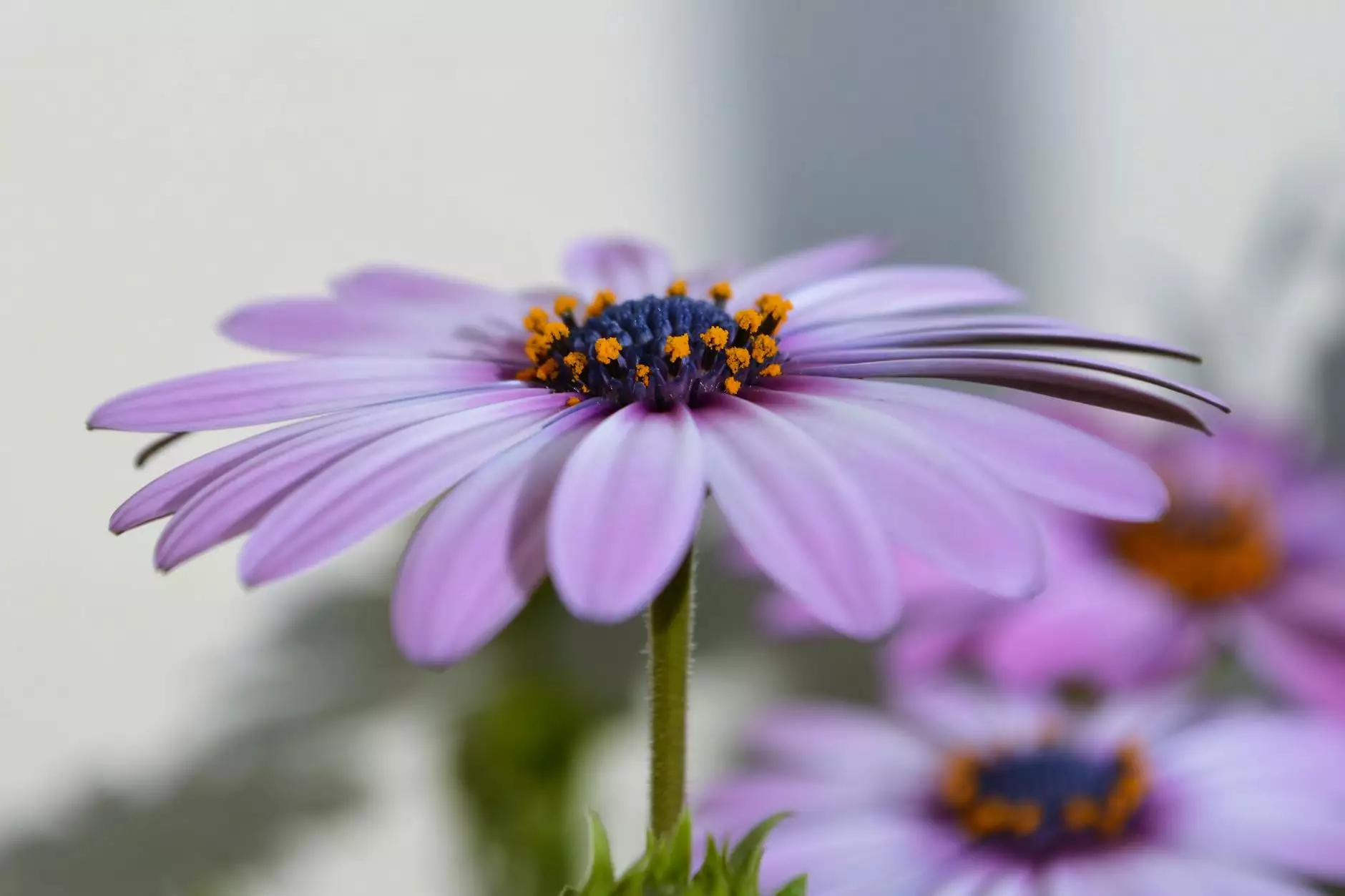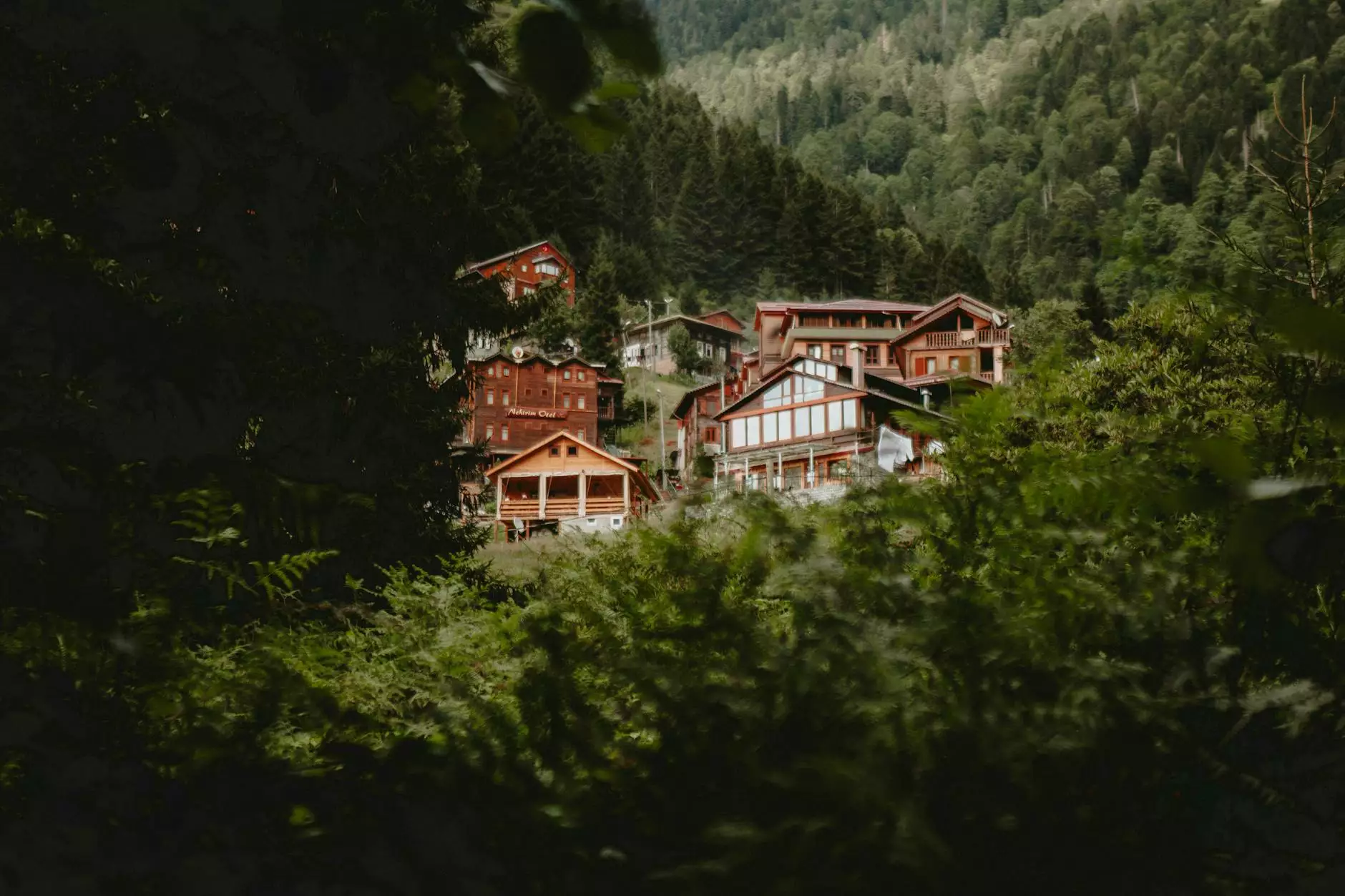DOG URINE DAMAGE ON LAWN AND PLANTS
Custom Outdoor Patio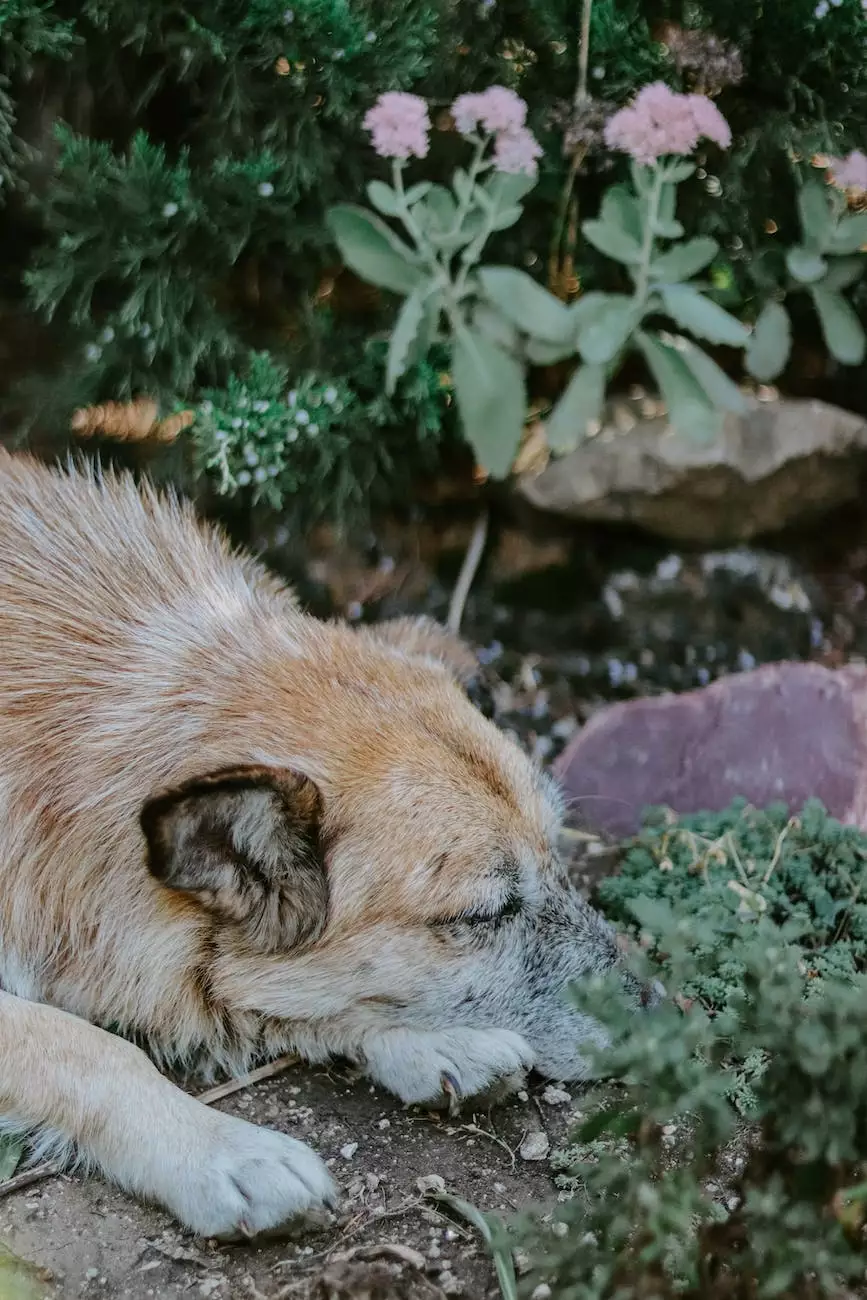
Understanding the Effects of Dog Urine on Your Lawn and Plants
Dog urine can have a detrimental impact on the health and appearance of your lawn and plants. It contains high levels of nitrogen and other compounds that can burn and discolor the grass and foliage.
Preventing Dog Urine Damage
To prevent dog urine damage, you need to take proactive measures. Here are some effective tips:
1. Proper Hydration
Encourage your dog to drink plenty of water throughout the day. Well-hydrated dogs produce urine that is more diluted, reducing the concentration of harmful compounds.
2. Training and Encouraging Dog Behavior
Train your dog to urinate in designated areas away from sensitive plants and grass. Reward them when they follow this behavior. Introducing a command such as "go potty" can be helpful to direct them to the desired spot.
3. Regularly Watering Affected Areas
After your dog urinates on the lawn or near plants, immediately water the affected areas. This helps dilute the urine and minimize the potential damage.
4. Creating Dog-Friendly Zones
Designate a specific area in your yard for your dog to play, run, and relieve themselves. Use landscaping materials such as gravel or mulch, which are more resistant to urine damage. Consider installing a dog-friendly turf that is designed to withstand pet urine.
5. Adjusting Diet and Supplements
Consult with your veterinarian to determine if your dog's diet needs adjustment. Certain diets or supplements can help reduce the impact of urine on your lawn and plants. Adding supplements that promote a healthier urinary tract can make a difference.
Repairing Dog Urine Damage
If your lawn or plants have already been affected by dog urine damage, don't worry! There are steps you can take to repair and revive them:
1. Flushing with Water
Flush the affected areas with water to dilute the urine and flush out the excess nitrogen. Use a hose or watering can to thoroughly wet the damaged spots.
2. Replenishing Nutrients
Apply a high-quality lawn fertilizer or plant fertilizer that contains the nutrients necessary for recovery. Look for products specifically designed for repairing urine damage on lawns and plants.
3. Reseeding or Replanting
If the damage is severe, consider overseeding or replanting the affected areas. Choose grass or plants that are more resistant to dog urine, such as Bermuda grass, ryegrass, or certain perennial flowers.
4. Regular Maintenance
Maintain a regular lawn care routine, including proper watering, mowing, and fertilization. This helps keep your lawn healthy and resilient against future dog urine damage.
Expert Tips from American Pond & Gardens
American Pond & Gardens, a trusted name in home and garden gardening, offers the following expert tips to prevent and repair dog urine damage:
- Ensure your lawn and plant selection suits your dog's needs and habits.
- Create a consistent routine for your dog's bathroom breaks to minimize concentrated urine exposure.
- Consider adding ornamental grasses or raised beds to divert your dog's attention from sensitive areas.
- Incorporate natural repellents or deterrents to discourage your dog from urinating in specific spots.
- Regularly inspect and monitor your lawn and plants for any signs of damage or distress.
- Seek professional advice and assistance for specialized treatments or advanced solutions.
Conclusion
With proper preventive measures and timely repairs, you can maintain a healthy and vibrant lawn and plants, even with a dog in your home. Remember to be consistent and patient when training your dog and providing them with designated areas. American Pond & Gardens is here to support you in your home and garden gardening journey, offering expert advice and high-quality products to keep your outdoor space looking its best.

